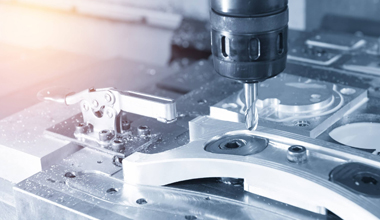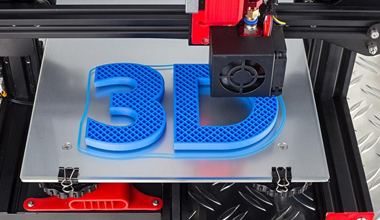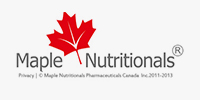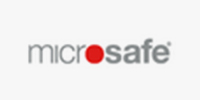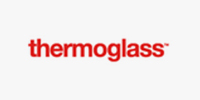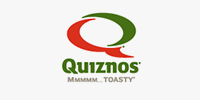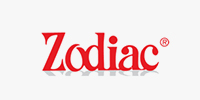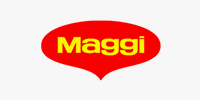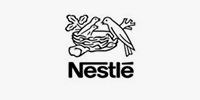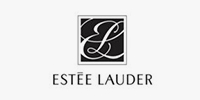Don't worry! Food in regular plastic packaging is not carcinogenic.
Recently, there are rumors that the American Medical Association has discovered the "murderer" that causes cancer-plastic. It advocates not to drink tea, coffee or any hot drinks in plastic cups, and do not eat any heat that is wrapped in paper or plastic bags. Do not eat food in plastic boxes or microwave food. Rumor has it that when food is exposed to high temperatures, chemicals produced by plastic can cause 52 types of cancer. Therefore, avoid drinking all kinds of beverages placed in plastic bottles.
This rhetoric seems to deny all food in the fast food culture. So, is food in plastic really that scary?
In order to cater to the market, improve food quality and increase the added value of food, choosing suitable materials and technologies to package food has become an important trend in the development of the modern food industry.
Plastic, due to its stable chemical structure, good film-forming processing characteristics, has the functions of isolating air, preventing microbial contamination, and effectively extending the shelf life of food. It has become the most used and fastest-growing food packaging material, and its market application exceeds 50% of the total food packaging materials, ranking first among all kinds of food packaging materials, is the "main force" in the food packaging industry.
There are still have squeeze bottles requirement. small squeeze bottles wholesale also needed.
below 4 oz squeeze bottles bulk and 500ml squeeze bottle wholesale are most purchased
It is very unscientific to say that plastic packaging will produce 52 kinds of chemical substances to contaminate food, which can cause cancer after eating. Therefore, you must not eat all kinds of plastic packaging foods.
Commonly used food plastic packaging materials, including polyethylene, polypropylene, polystyrene, polyvinyl chloride, polyvinylidene chloride, etc., are polymer materials. This type of material is made by polymerizing monomers through chemical methods, has a large molecular weight, high stability, and will not easily migrate to food.
Food packaging belongs to the regulatory scope of the "Food Safety Law". The "National Food Safety Standard Food Contact Material and Products General Safety Requirements" stipulates that the migration amount of packaging plastics when in contact with food should not exceed 0.01mg/kg, and this dose will not Contaminate food.
Regular food packaging and food production enterprises must undergo strict review procedures and product quality inspections by relevant government departments before they can be granted production licenses. This procedure ensures that packaging materials meet food safety requirements and will not cause harm to humans. Moreover, there is currently no scientific evidence that plastic packaging can cause cancer. The cause of cancer is very complex and cannot be simply attributed to plastic.
Sanle manufacture squeeze bottle almost 13 years. contact us to get the quotation









